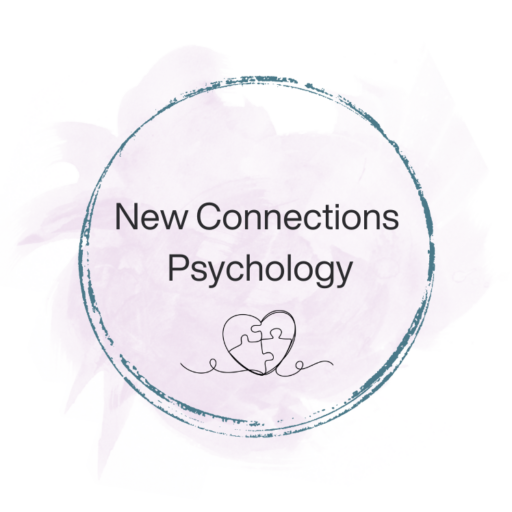Introduction
Navigating relationships can be complex and challenging, especially when anxiety enters the equation. Anxiety, a common mental health condition, can significantly impact how individuals perceive and engage in their personal connections. This blog post will explore the dynamics of anxiety within relationships, its effects, and strategies for managing it, culminating in the crucial role of therapy.
Understanding Anxiety in Relationships
Anxiety in relationships manifests in various forms, such as constant worry about the relationship’s future, fear of being judged or misunderstood by a partner, or excessive concern about a partner’s fidelity or affection. These feelings often stem from personal insecurities or past experiences that shape one’s perception of current relationships.
For someone with anxiety, everyday interactions can become sources of stress. For instance, a text message left unanswered may be interpreted as a sign of disinterest or anger, even if the reality is far less dramatic. This heightened state of worry can lead to behaviours like frequent reassurance-seeking or over-communication, which, while intended to alleviate anxiety, can sometimes strain the relationship.
Impact on Relationships
The impact of anxiety on relationships is multifaceted. Partners may feel overwhelmed or helpless in the face of their loved one’s anxiety, unsure of how to provide support. Anxiety can also lead to avoidance behaviours, where individuals shy away from social situations or potential conflicts, further isolating themselves.
In romantic relationships, anxiety can create a dependency dynamic, where one partner becomes overly reliant on the other for emotional support. This imbalance can lead to resentment and frustration over time. Conversely, anxiety can also cause individuals to push their partners away, fearing vulnerability or emotional hurt.
Communication is Key
Effective communication is vital in managing anxiety within relationships. It involves expressing one’s feelings and worries in a clear and constructive manner. For the partner without anxiety, it’s crucial to listen actively and empathically, offering support without judgment or dismissal.
Creating a safe space for open dialogue helps in understanding each other’s perspectives and needs. This mutual understanding fosters a stronger, more resilient relationship where both partners feel heard and valued.
Setting Boundaries
Boundaries are essential in any relationship, but they take on added significance when dealing with anxiety. Setting healthy boundaries involves defining personal limits and communicating them to your partner. This practice not only protects one’s mental well-being but also ensures that the relationship grows in a respectful and supportive manner.
For example, an individual with anxiety might set a boundary around needing time alone to decompress. Communicating this need helps the partner understand it’s not a rejection but a self-care practice.
Developing Coping Strategies
Developing coping strategies for anxiety is a crucial part of managing its impact on relationships. This can include mindfulness practices, breathing exercises, or engaging in hobbies and activities that reduce stress. It’s also beneficial to cultivate a support network beyond the romantic partner, like friends or family members, who can offer additional emotional support.
The Role of Therapy
Therapy plays a pivotal role in addressing anxiety within relationships. Professional guidance can help individuals understand the root causes of their anxiety, develop healthier coping mechanisms, and improve communication skills. For couples, therapy offers a neutral space to explore relationship dynamics and learn how to support each other effectively.
Couples therapy, specifically, can be immensely beneficial. It provides tools for both partners to understand and manage the anxiety together, fostering a deeper connection and mutual support system. Therapists can also help in identifying unhealthy patterns in the relationship and guide couples towards more constructive interactions.
In conclusion, while anxiety can present significant challenges in personal connections, understanding its dynamics and actively working on communication, boundary-setting, and coping strategies can help navigate these challenges. Therapy offers a valuable resource in this journey, providing professional support and guidance to strengthen relationships in the face of anxiety. Remember, managing anxiety is not just about individual well-being; it’s about nurturing healthier, more fulfilling connections with those around us.

